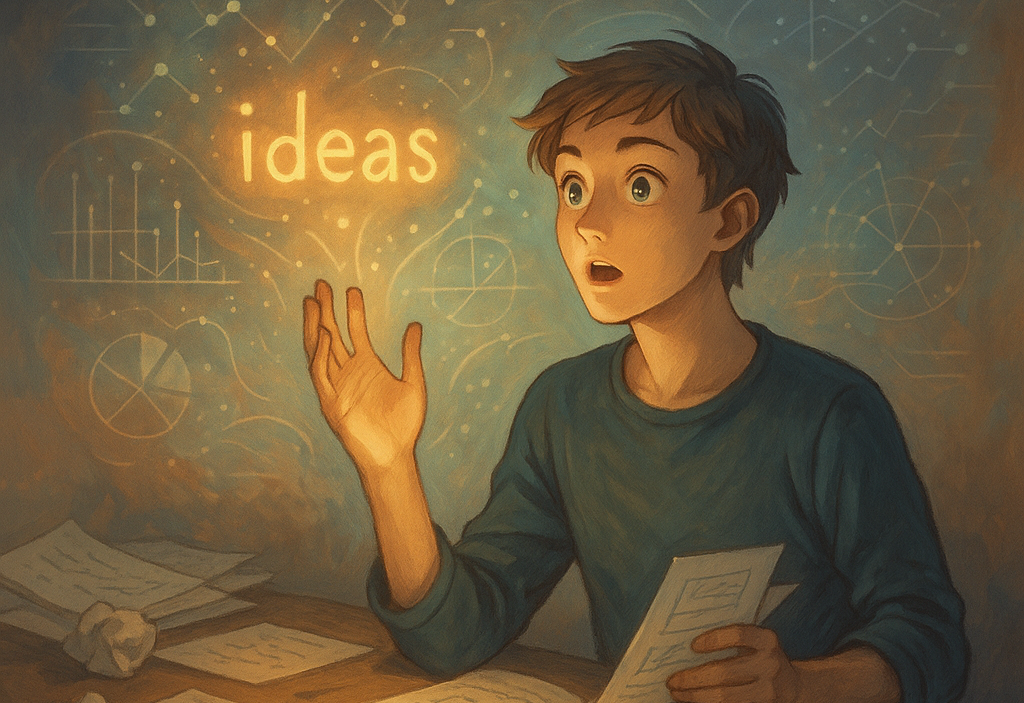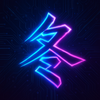The System of Learning, a Retrospective
A personal reflection on the value of self-assessment

It began with a prompt.
Let’s design a personalized learning curriculum to support my professional growth during the job search and beyond.
My goals:
• Stay sharp and build momentum while searching
• Deepen skills relevant to product, software PM, and TPM roles
• Explore areas that align with my long-term career vision (e.g., product strategy, systems thinking, AI, etc.)
I want this to include both structured learning (courses, books, tools) and experiential learning (projects, writing, teardown practice).
Also worth noting, it's also best if I can "learn while doing" or learn-then-apply-then-learn-some-more.
Let’s start by identifying key skill areas and the right balance between breadth and depth. Then we can turn that into a repeatable weekly or monthly cadence.
After a few rounds of debate, we settled on a plan: a "tasting menu" of 8 skill domains that combine to form the backbone of a modern technical leader's skillset: Product Strategy, Tech Architecture Literacy, Customer Discovery, Systems Thinking, Data Fluency, AI Product Thinking, Agile & Delivery, and Writing & Influence. The only change I made was in the sequencing, where I put Systems Thinking first.
The idea was simple: review one or two pieces of learning (an article or a video), then answer a few questions. The goal? Assessing where I am now and where I need to be focusing.
When I began this exercise, I wasn’t looking for “answers.” I wasn’t hoping to be surprised. I expected to confirm some things I already knew, pick up a few terminology upgrades, and maybe shake the rust off some older skills. But what I got was something bigger — not just a review of knowledge, but a chance to see myself through the lens of that knowledge.
And for once, I didn’t feel like I had to posture.
Normally, when we talk about skills — especially in the context of job interviews or performance reviews — there’s ego involved. We’re performing, defending, angling. But this time, I gave myself permission to drop the armor. I trusted the process, and I literally had nothing to hide, and nobody to hide from. And in that safety, I rediscovered something I hadn’t felt in a while:
I do know things.
Not because I memorized them — but because I live them.
The Interconnected Web
One of the first things that struck me was how naturally these domains braided together. Whether it was writing echoing Agile reflection cycles, or systems thinking bleeding into how I approached DevOps, I kept seeing overlaps — not in a “wow, what a coincidence” kind of way, but because these frameworks mirror the way I think.
I wasn’t surprised by those connections. In fact, I barely noticed them at first. They’re so intrinsic to how I operate that they just felt... obvious. But naming them, slowing down to articulate them, helped me realize just how much of my professional instinct is rooted in systems fluency.
Agile. Systems thinking. Continuous improvement. These aren’t just tools I’ve used — they’re the lens I see the world through. And once I saw that, the whole process took on a different weight.
The Evolution of Voice
Looking back on my answers, there's a clear trend. My answers at the beginning were clear, concise, and correct. They had insight. They came from lived experience. And yet, there was very little of my personal voice in them.
But as we continued, domain by domain, that changed. I loosened up. I stopped thinking "what's the right answer" and started thinking "what's my answer?" And little by little, my voice gained strength. My answers became more recognizably me. By the time we got to the final two domains, I wasn't even really answering the questions anymore; I was picking them apart, pointing out why it's not even a complete question, and asking my own questions instead, then answering them.
Some of that was confidence. Some of it was comfort. But a lot of it was clarity. I spoke with the voice of a man with nothing to lose, nobody to impress, and who wasn't trying to be anything or anyone other than himself.
And for the first time in as long as I could remember, I felt like I was doing something real.
Frustration, Reframed
Now here’s the hard part.
I started this journey frustrated. I’m still frustrated — but not for the same reasons.
At the outset, I was grappling with a deep question: If I know these skills so well, if I can articulate them clearly, if they shape how I work — why am I struggling to find a job in this very field?
In other words, I don't think the problem is me. It’s the system of hiring that we've allowed ourselves to accept as the way it is. The platforms. The pipelines. The flood of spam jobs and resume black holes.
I didn’t need a skills refresh. I needed a strategy reset.
So I’ve paused the cold applications. I’m building a platform instead. I’m writing, sharing, and learning in public — because if the game is visibility, then I’m stepping into the spotlight on my terms.
Learning How I Learn
More than anything, this process reminded me of one core truth:
The best way to build is to build.
The best way to learn how to build is to build.
I just need to move. Learn. Reflect. Adapt. Repeat.
And if you'll indulge me with a quote:
There's a million things I haven't done. But just you wait.
Because dammit, I'm going to show you.
This is one half of a reflection. The other half is found here.
